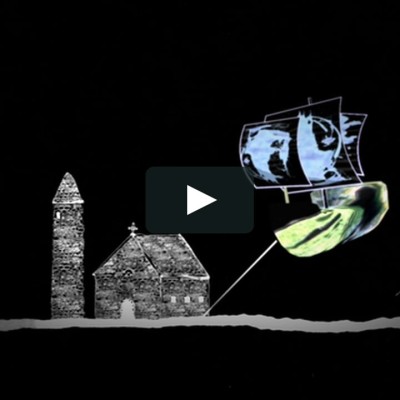
Electric Light finds him on his trusted terrain, and there is a return to the locations – Mossbawn, the Bann, Lough Neagh, Glanmore and Bellaghy – of his previous work. In his own mudbath he doesn’t toil with language, which he seems to come by easily and carefully, but with the forms of revelation a poem might body forth. Heaney, who returns time and again to familiar and invigorating territory, has never needed to stockpile, partly because he appears never to have felt that he would run out.

Thomas had to be toiling in the element of language like a person in a mudbath.’ In a sense, Thomas’s was the wrong kind of stockpiling, since he hoarded ways of saying rather than anything particular to say and, to extend Heaney’s metaphor, several poems by Thomas could be said to resemble petrol-guzzling cars. In a shrewd and sympathetic essay on Dylan Thomas published in The Redress of Poetry, Seamus Heaney found a memorable set of metaphors for Thomas’s poetic procedures: he ‘plunged into the sump of his teenage self, filling his notebooks with druggy, bewildering lines that would be a kind of fossil fuel to him for years to come.


 0 kommentar(er)
0 kommentar(er)
